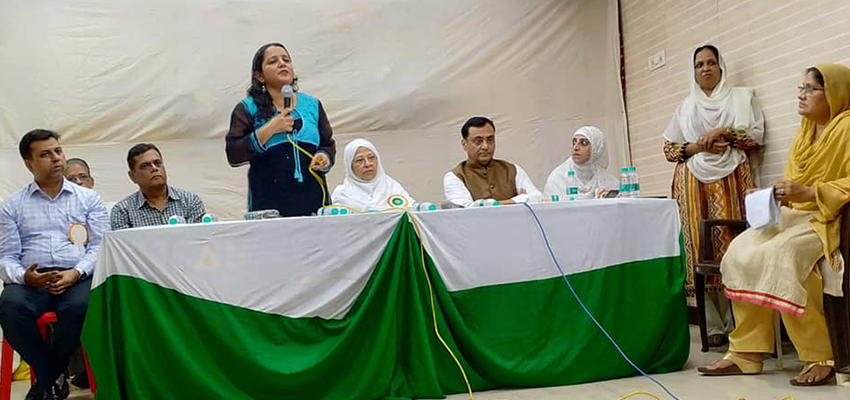Islam emphasizes the importance of fairness, compassion, and inclusivity in all aspects of life. In Islamic teachings, social justice is seen as a fundamental pillar of a just and harmonious society. It encompasses the fair distribution of wealth, equal opportunities for all, and the eradication of social inequalities. Islam also places great emphasis on the dignity and rights of every individual, regardless of their social status, gender, or ethnicity.
This article delves into the concept of social justice in Islam, shedding light on its teachings regarding equality, human dignity, and the significance of fostering inclusivity and harmony within communities.
The Concept of Social Justice in Islam
All people, regardless of their race, gender, or social status, should be treated with respect and dignity. The Quran states that “O mankind, indeed We have created you from male and female and made you peoples and tribes that you may know one another. Indeed, the most noble of you in the sight of Allah is the most righteous of you.”
This verse highlights the Islamic belief that true nobility and superiority lie in righteousness and piety, rather than in worldly possessions or social status. Therefore, Islam encourages its followers to strive for social justice by treating others fairly and justly, without any discrimination or prejudice.
Equality and Human Dignity in Islamic Teachings
All human beings are equal in the eyes of Allah, regardless of their race, ethnicity, or social status. This principle of equality is deeply rooted in the teachings of the Quran and Prophet Muhammad’s example. Islam emphasizes the importance of justice and fairness in all aspects of life, including social interactions and the distribution of resources.
Through these teachings, Islam promotes a society where every individual is valued and given the opportunity to thrive.
Compassion and Fairness in Islamic Ethics
Compassion and fairness are integral aspects of Islamic ethics, promoting a society where individuals are valued and treated with dignity. In Islam, compassion is not merely an emotion but a moral duty. Muslims are encouraged to show compassion and kindness towards all beings, regardless of their social status or religious affiliation. This includes offering help and support to those in need, providing for the poor and needy, and treating others with fairness and justice.
By promoting compassion and fairness, Islam strives to create a society where social justice and equality prevail.
Addressing Social Inequalities in Islam
To truly address social inequalities, you must foster a sense of empathy and fairness within yourself. Islam teaches its followers to strive for social justice by actively working to alleviate poverty and inequality. One of the key principles in Islam is the concept of Zakat, which requires people to give a portion of their wealth to those in need. This practice not only helps to provide for the less fortunate but also promotes a sense of compassion and solidarity within the community.
Additionally, Islam emphasizes the importance of treating all individuals with fairness and respect, regardless of their social status or background. This includes advocating for the rights of the oppressed and marginalized, and standing up against any form of discrimination or injustice.
Promoting Inclusivity and Harmony in Muslim Communities
Islam places great importance on the concept of brotherhood and equality among its followers. Inclusivity is promoted by encouraging Muslims to treat one another with respect and fairness, regardless of their background or social status.
Fostering harmony is essential in maintaining a peaceful coexistence within Muslim communities. This involves resolving conflicts through peaceful means, promoting forgiveness and reconciliation, and working together towards common goals. By embracing inclusivity and fostering harmony, Muslim communities can thrive and serve as examples to others on the importance of social justice and equality.
By upholding these teachings, Muslims can work towards creating a more just and equitable society for all.






